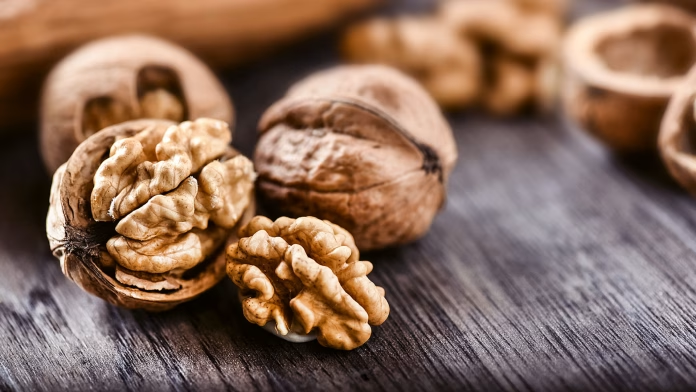As parents, we all want our children to be healthy, happy, and successful in life. One important factor in achieving these goals is by ensuring that our children’s brains are functioning at their best. While there are many different ways to support brain health, incorporating nutrient-dense foods into our children’s diets is one of the most effective ways to do so. In particular, walnuts have been shown to offer a range of benefits for children’s brain health.
Walnuts are a type of tree nut that are packed with nutrients. They are an excellent source of healthy fats, fiber, protein, vitamins, and minerals. Some of the specific nutrients found in walnuts that are beneficial for brain health include omega-3 fatty acids, antioxidants, and polyphenols.
Benefits for children’s brain health
Omega-3 fatty acids
Walnuts are an excellent source of omega-3 fatty acids, which are essential for brain function and development. These fatty acids have been linked to improved cognitive function, memory, and attention in children.
Antioxidants
Walnuts contain antioxidants that help protect the brain from damage and inflammation. These antioxidants can help reduce the risk of developing cognitive decline and dementia later in life.
Fiber
Walnuts are a good source of fiber, which helps keep kids feeling full and satisfied after meals. This can help prevent overeating and promote healthy weight management.
Protein
Walnuts are a good source of protein, which is important for building and repairing muscles and tissues. Protein is also essential for the production of enzymes and hormones that regulate various bodily functions.
Vitamins and minerals:
Walnuts are packed with vitamins and minerals that are essential for overall health. These include vitamin E, which helps protect cells from damage, and magnesium, which is important for bone health.
Easy ways to incorporate walnuts into your child’s diet
Incorporating walnuts into your child’s diet is easy and delicious. Here are some ideas:
- Add walnuts to oatmeal or yogurt for a crunchy and nutrient-rich breakfast.
- Use crushed walnuts as a coating for chicken or fish instead of breadcrumbs.
- Add walnuts to salads or as a topping for roasted vegetables for a healthy and satisfying crunch.
- Bake with walnuts by adding them to muffins, bread, or brownies for a nutrient-dense snack.
Other brain-boosting foods to include in your child’s diet
In addition to walnuts, there are other nutrient-dense foods that can help support brain health in children if they are allergic or picky in general. These include:
- Berries: Berries are rich in antioxidants and have been linked to improved brain function and memory.
- Leafy greens: Leafy greens like spinach and kale are packed with vitamins and minerals that are essential for brain health.
- Eggs: Eggs are a great source of protein and choline, a nutrient that is important for brain development.





